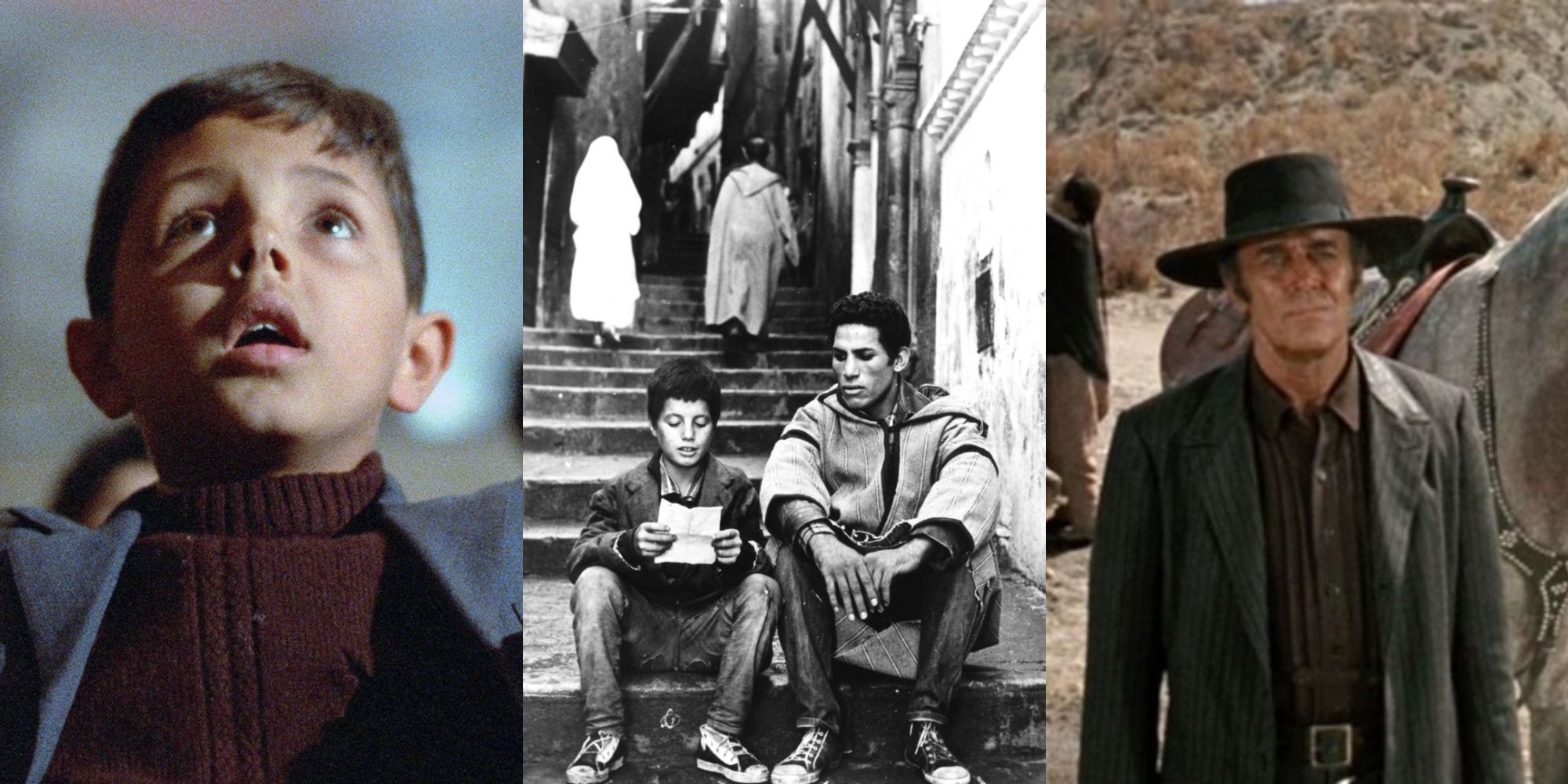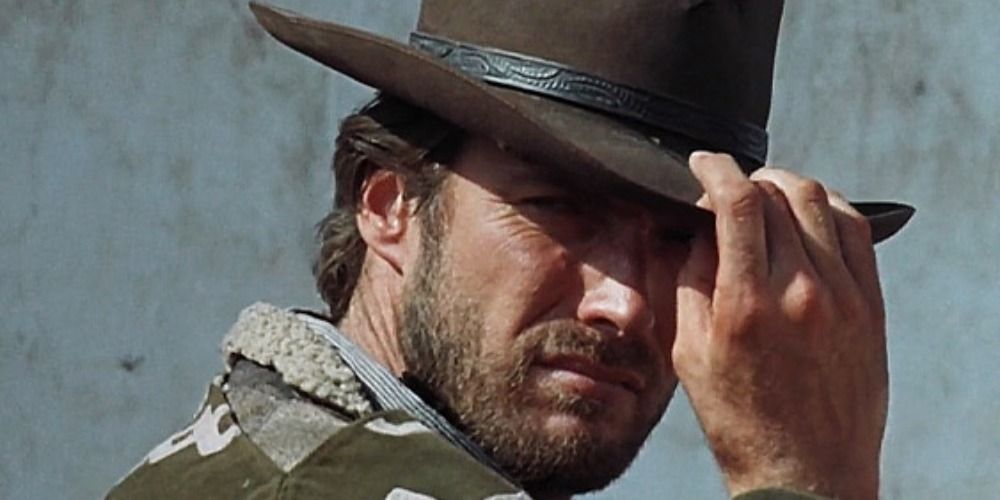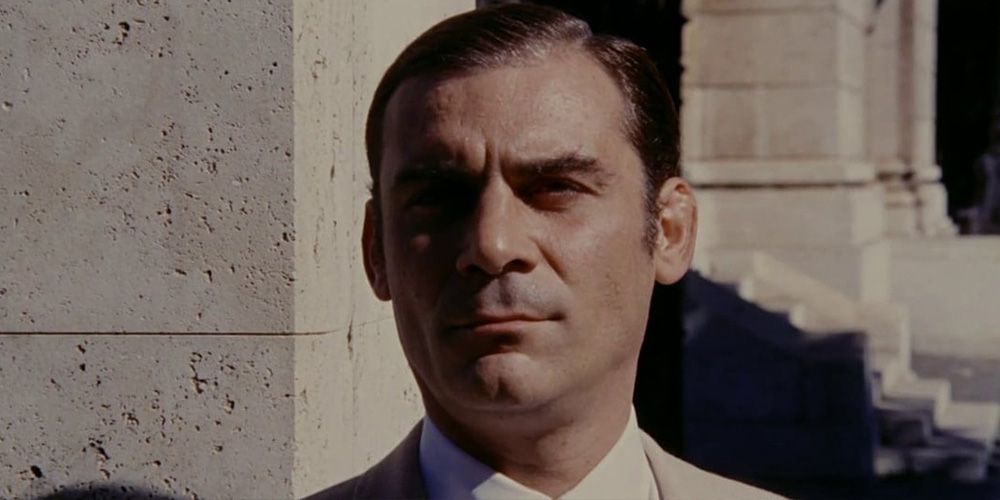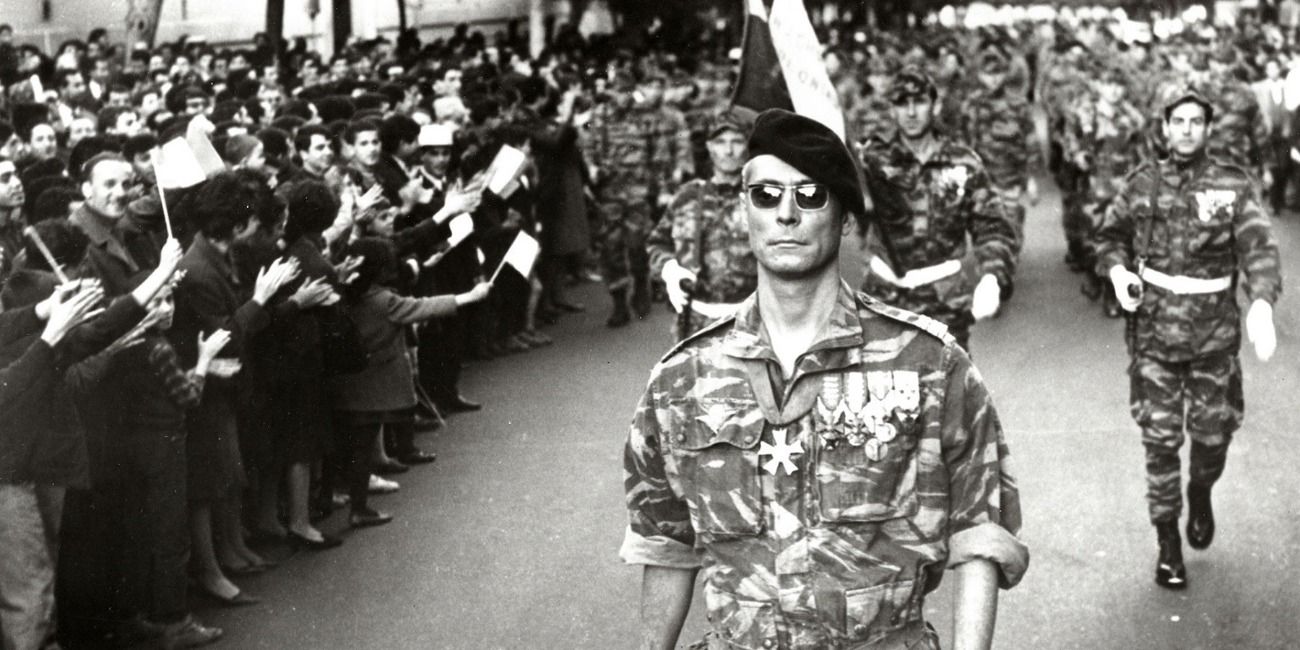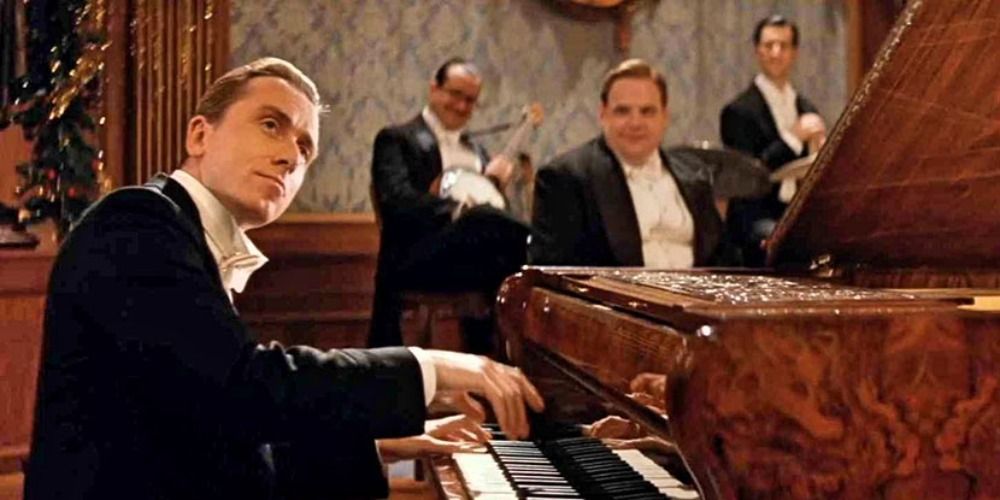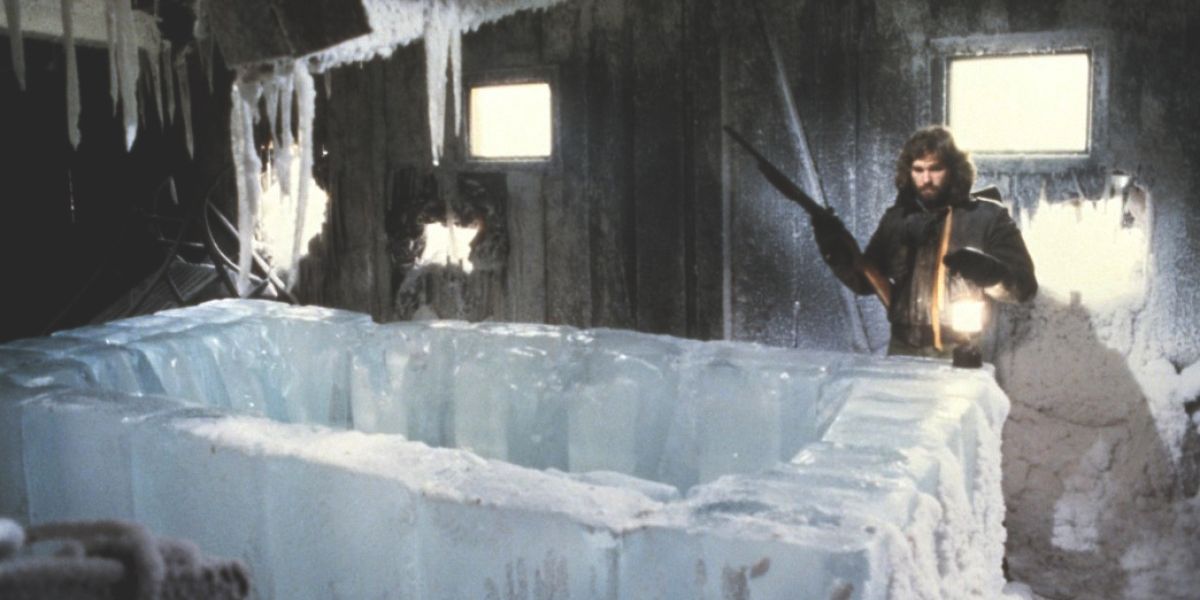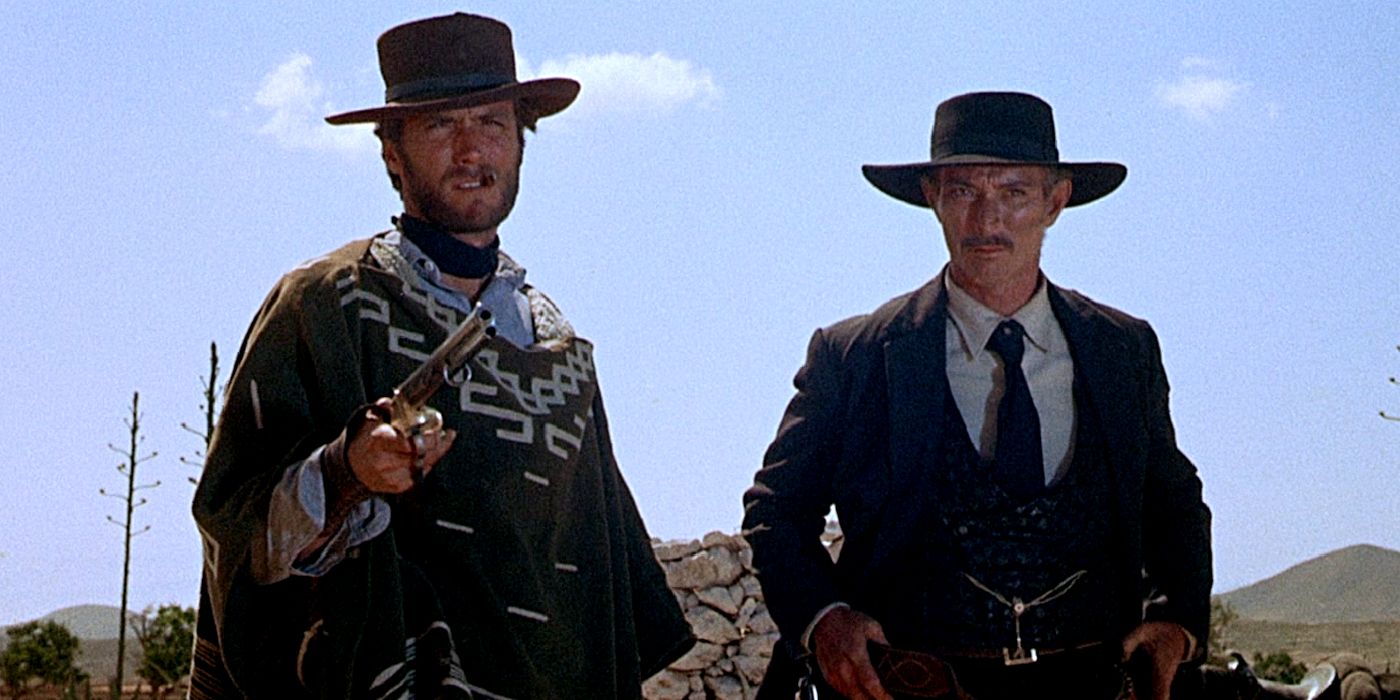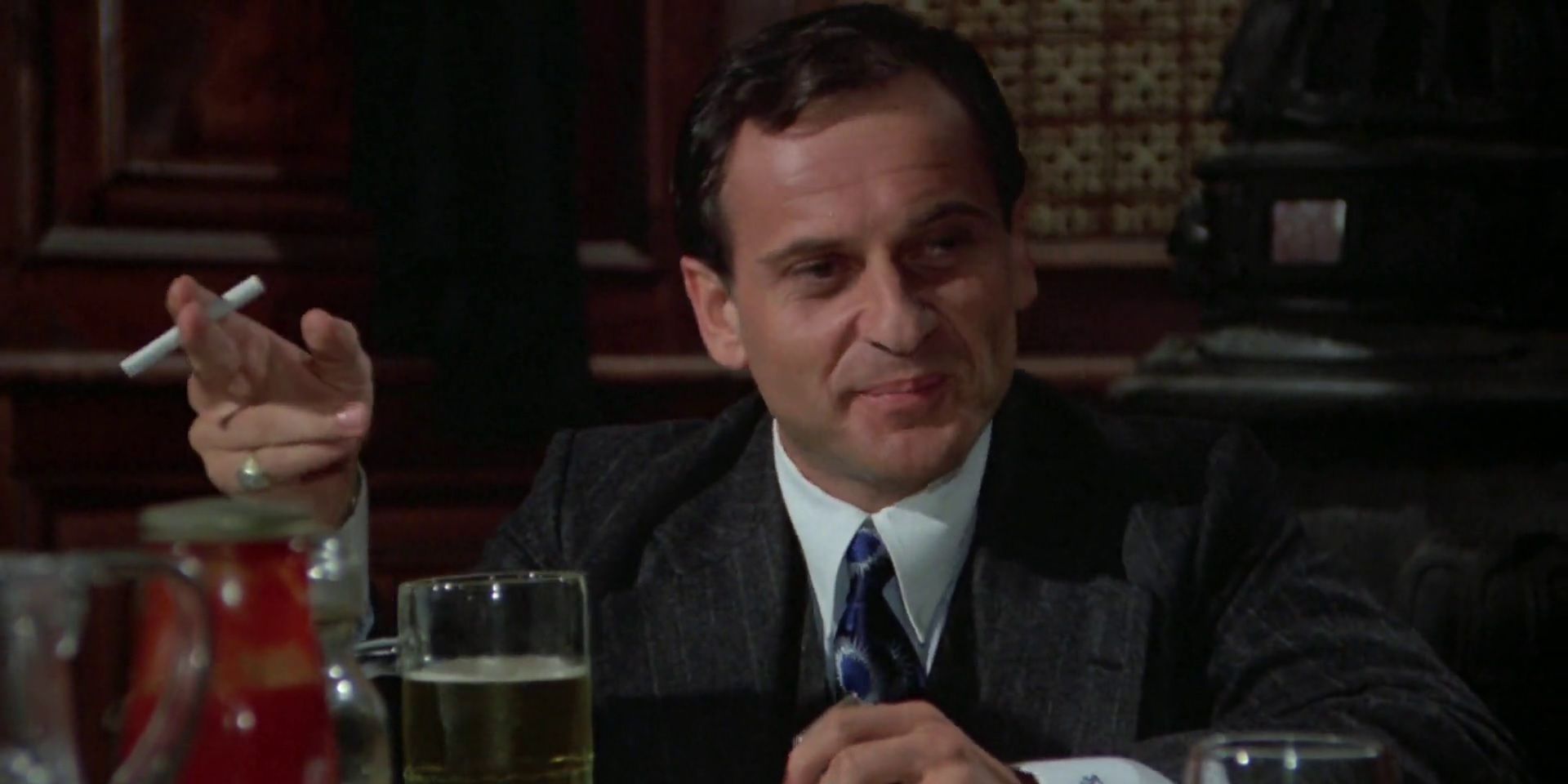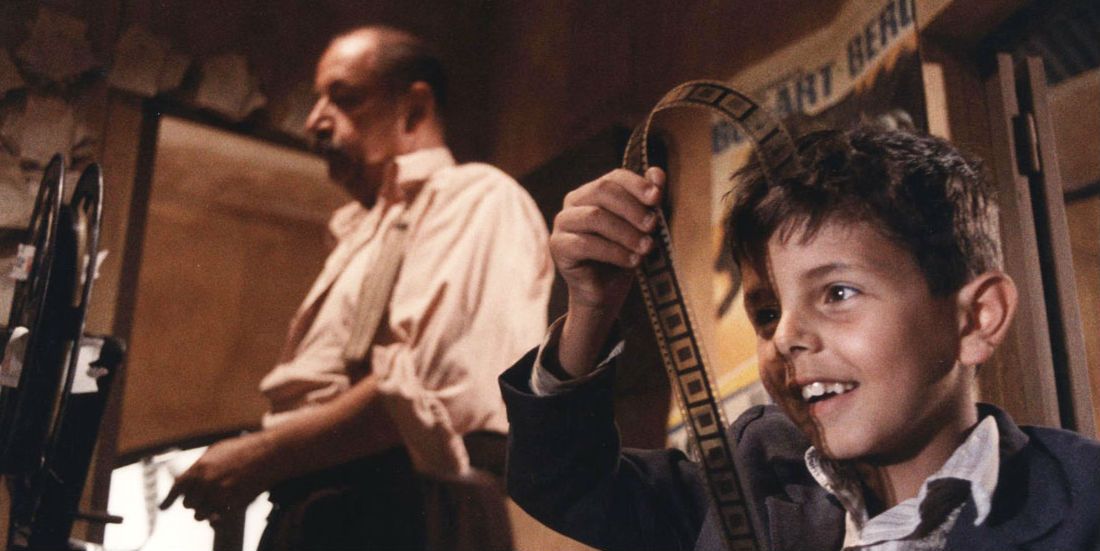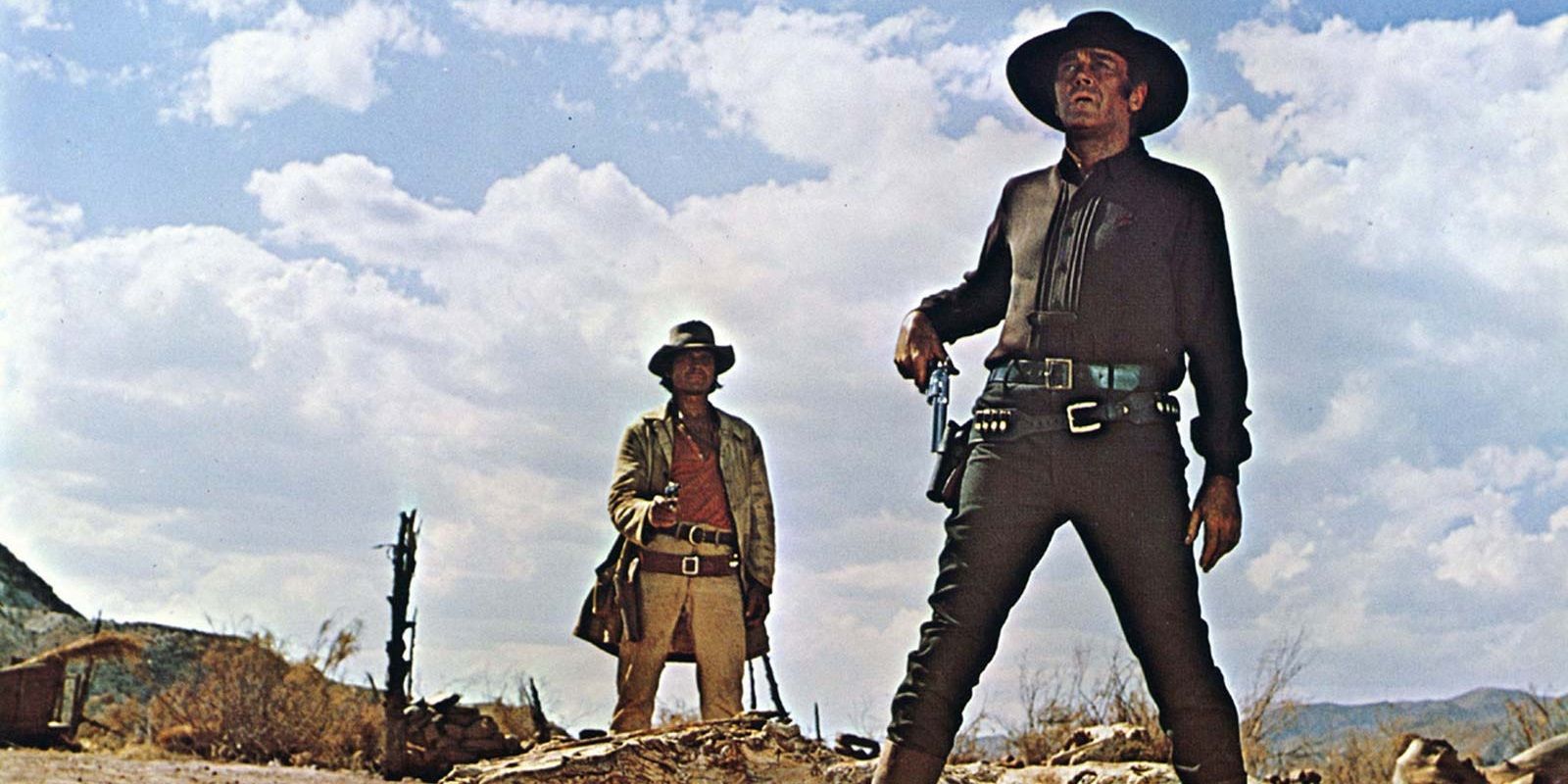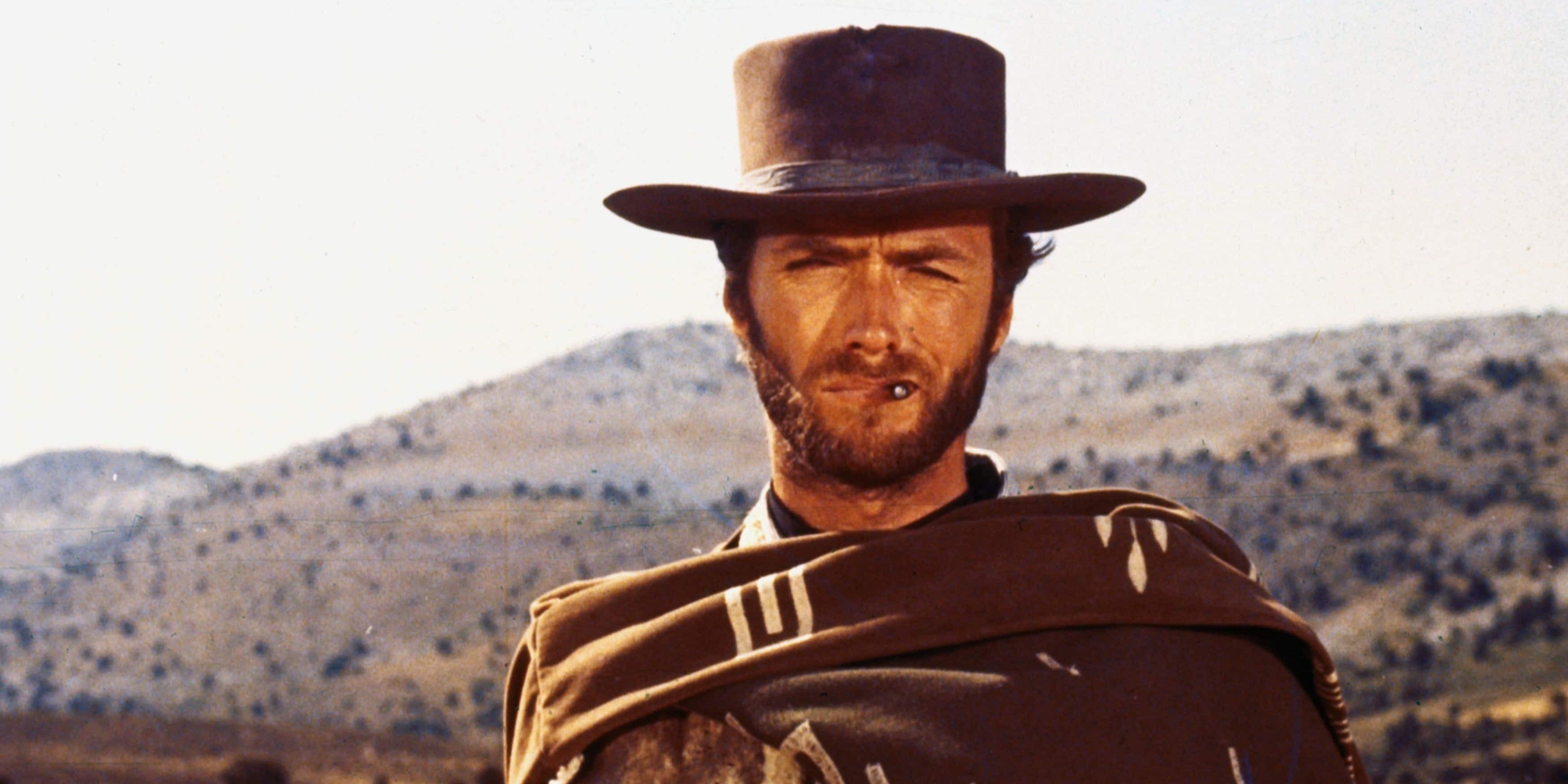Ennio Morricone is one of the most acclaimed film composers of all time, with his music being some of the most influential in film history. The great composer passed away last year with over 400 movie and TV credits to his name.
Morricone's music helped redefine the Western genre with his infamous collaborations with Sergio Leone and his Spaghetti Westerns. There are many scores to note beyond this list, not least his collaborations with Quentin Tarantino, but these are arguably the best and most well-known films that Morricone's music brought to life.
A Fistful Of Dollars - 8.0
Morricone's first collaboration with Sergio Leone, the soundtrack to A Fistful of Dollars, is one of the essential sounds of the Spaghetti Western. This score introduced several musical elements that would later define Morricone's unique take on the Western. The use of a string section, solo trumpet and choir create an atmosphere of majesty that is built upon in his later work in the trilogy.
The main theme, "A Fistful of Dollars," is instantly recognizable with its minimal solo guitar and whistling that immediately evokes the silhouette of Clint Eastwood's Man With No Name.
Investigation Of A Citizen Above Suspicion - 8.1
While not one of the most recognizable films that Morricone worked on, Elio Petri's Italian crime drama is one of the most acclaimed European films of the 1970s.
With a riveting main theme, Investigation of a Citizen Above Suspicion is not what most might expect from Morricone. Elements of film noir and crime soundtracks, including the influence of Bernard Herrmann, are present in this score, although there remain some recognizable themes like the playful guitar twangs that were ubiquitous in his Westerns.
The Battle Of Algiers - 8.1
Gillo Pontecorvo's realization of the Algerian War of Independence is one of the best war movies ever made about a lesser-known war. Shot on the streets of Algiers itself, The Battle of Algiers is based on events that took place between 1954 and 1957 in the attempts to drive out French colonial forces.
Morricone's score is one of the darker ones he's composed, with instruments like military drums included that place it firmly within the tropes of contemporary war movie music. Despite the more serious tone, however, there remain moments of beauty and tenderness that are typical of Morricone's approach to composition.
The Legend Of 1900 - 8.1
A lesser-known film that Morricone has contributed to, The Legend of 1900 is still one of his most significant collaborations with Italian director Giuseppe Tornatore. The film chronicles the life of 1900, a baby found on an ocean liner who grows up to be a prodigious jazz musician, never stepping foot on land.
Due to the nature of the plot, jazz plays a significant role in the soundtrack, fused with Morricone's more recognizable orchestral compositions. The film garnered mixed critical reviews at the time, though it remains one of the most popular films that Morricone has contributed to with users on IMDb.
The Thing - 8.1
One of the few films by John Carpenter that he didn't soundtrack himself, The Thing may not seem the most obvious type of film to feature music composed by Morricone. Despite this, his approach to composing for science fiction horror is compelling, with a score that's as delicate as it is tense.
The film is a departure from the more grand soundtracks that Morricone is known for, with elements of electronic music infused in the score, but is one of the reasons why The Thing is still beloved today. The two "Humanity" tracks provide the centerpieces of the soundtrack and provide a haunting, horrifying, and beautiful atmosphere to Carpenter's tale.
For A Few Dollars More - 8.2
In many ways, For a Few Dollars More is a natural progression in Leone and Morricone's reworking of the Western genre. The film builds on the themes introduced in For a Fistful of Dollars, including a unique approach to music and narrative.
Morricone plays with dynamics much more in this score, and the gentle music from Indio's pocket watch features throughout the plot. Morricone builds on this theme throughout the recurring "Carillon's Theme," and the watch's chimes are essential to the film's storytelling. This theme culminates in the final duel of the film, a masterwork of performance and editing, but greatly enhanced by Morricone's dramatic fanfare.
Once Upon A Time In America - 8.3
Sergio Leone's final film, and his first in 13 years, is a gangster epic following two young Jewish men who become prominent in the New York crime world. Morricone's soundtrack is suitably sweeping for such a lengthy film and is essential in accompanying a narrative that lasts for over three hours.
The main suite from Once Upon a Time in America and "Deborah's Theme" are two of Morricone's greatest pieces, but while it's one of the most famous films he contributed to, his collaborators were also crucial to the film's score. Morricone is accompanied by the work of Gheorghe Zamfir on pan flute and the vocalist Edda Dell'Orso, who provide some of the most memorable instrumental moments in the film.
Cinema Paradiso - 8.5
In Morricone's most famous collaboration with Giuseppe Tornatore, his score accompanies the sweeping drama that follows Salvatore Di Vita's early life and his cinematic education as an assistant to a projectionist. The film itself is a love letter to cinema, and it's fitting that Morricone provides a heartfelt score full of orchestral grandeur.
The main theme and "Love Theme" are two motifs that pull at the heartstrings especially, and combined with Tornatore's visuals and editing, create some of the greatest moments in Italian cinema, culminating in the infamous montage of kisses towards the film's end.
Once Upon A Time In The West - 8.5
Released just after the Dollars Trilogy, both Leone and Morricone are at the height of their powers with Once Upon a Time in the West, and the score really enhances the melancholy of the end of an era. Morricone's theme helps characterize the main trio of Frank, Jill, and Harmonica, with each of their themes being accompanied by a different instrument. Frank's bitter and ruthless edge is complemented by the staccato electric guitar, while Jill's theme is characterized by a gentle solo trumpet and a lone female voice.
Harmonica's theme is the most genius, however, as the instrument that he gets his name from haunts the soundtrack and his confrontations with Frank. The motif builds on the musical watch device in For a Few Dollars More and is crucial to Harmonica's tragic backstory and his search for vengeance.
The Good, The Bad And The Ugly - 8.8
Undoubtedly Morricone's most iconic soundtrack to date, The Good, the Bad and the Ugly more than deserves its place at the top of this list. The film has long retained a spot in the IMDb Top 10, and its score is infamous for contributing to the film's sinister, tense, and cool atmosphere.
While almost every musical moment in the film deserves mention, including the whistling and barking in the main theme, Morricone's music is at its best during the film's final standoff, with the tracks "The Ecstasy of Gold" and "The Trio." The music is at its most maximalist here, with the full orchestra growing out of the lone piano, trumpet, and vocals, combined with Leone's intense close-ups and gradually intensifying editing.

